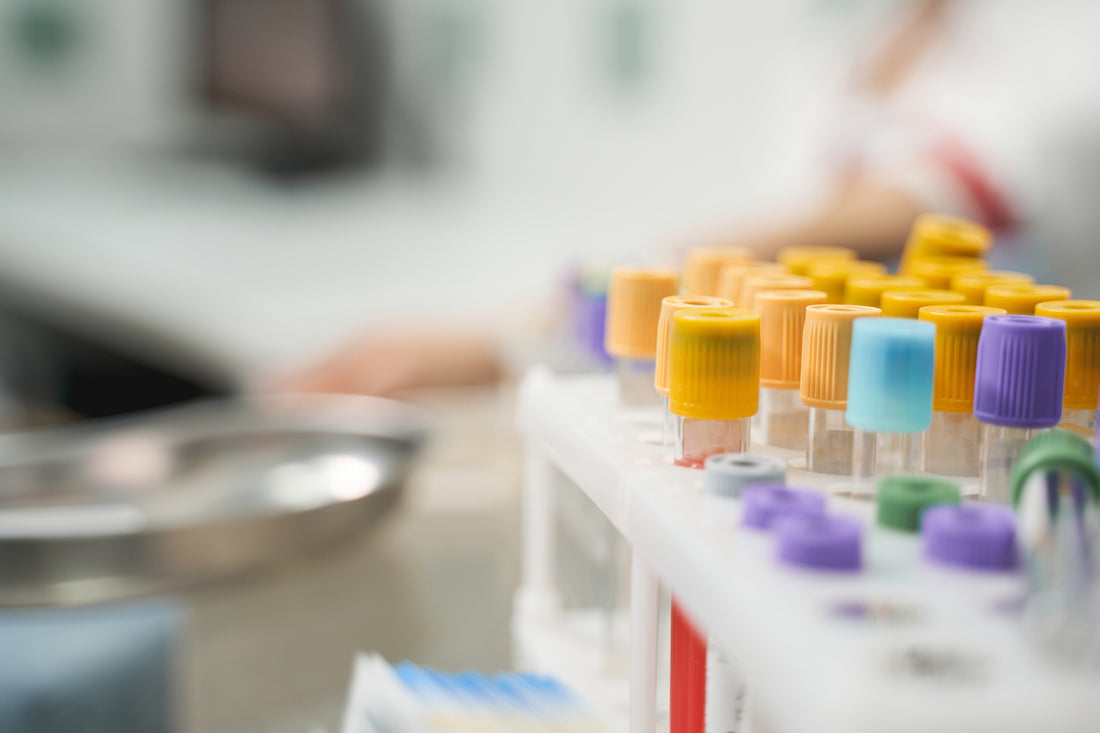Ever feel like something's off, but can't pinpoint the cause? Inflammation, the body's defense against injury and illness, can silently lurk behind various health problems. Thankfully, testing for inflammatory markers can be a powerful detective tool!
What are inflammation markers?
Think of them as tiny blood test clues. Dysfunctional levels of our top 10 inflammatory blood markers can point towards inflammation, potentially revealing hidden health issues like:
- Infections: From bacterial to viral, inflammation markers can help identify infections before they turn serious.
- Autoimmune diseases: Conditions like rheumatoid arthritis and lupus often trigger inflammation, and these markers can aid diagnosis.
- Chronic diseases: Inflammation plays a role in various chronic conditions like heart disease and diabetes. Early detection can lead to better management.
- Cancer: While not a definitive test, elevated markers can be a red flag for further investigation.
Why is this important?
Early detection is key to managing many health problems. Inflammation markers can provide a crucial head start, allowing for:
- Targeted diagnosis: Instead of a guessing game, doctors can pinpoint the source of your discomfort more effectively.
- Early intervention: Prompt treatment can prevent complications and improve long-term outcomes.
- Monitoring progress: Tracking changes in marker levels helps assess treatment effectiveness and adjust approaches if needed.
Remember:
- Testing for inflammation markers is just one piece of the puzzle. Always consult your doctor for a complete diagnosis and personalized advice.
- Don't panic if your markers are elevated! It doesn't always mean a serious issue, but it's definitely a reason to explore further.
The top 10 blood markers that check for inflammation:
- CRP - C-reactive protein (CRP) is a protein made by the liver which increases when there's inflammation in the body.
- HbA1C - HbA1c is your average blood glucose (sugar) levels for the last two to three months. Increased levels means more inflammation.
- Serum Ferritin - Measures how much iron you have stored in your body and increased levels are associated with age-related inflammation in older people.
- RDW - A red cell distribution width (RDW) test measures the differences in the volume and size of your red blood cells (erythrocytes). An increased percentage is a sign that inflammation has impacted the development of the red blood cell.
- Platelets - A platelet count test measures the number of platelets in your blood. It’s a good indicator of inflammation and the stickiness of blood.
- ESR - Erythrocyte Sedimentation Rate (ESR) measures inflammation in the body by analyzing the clumping of red blood cells.
- LDH - Measures the level of Lactic Acid Dehydrogenase (LDH) in your blood or other body fluid to check for tissue damage. Elevated levels may indicate oxidative stress which causes inflammation.
- Liver Enzymes - Liver enzymes are proteins that speed up chemical reactions in your body. These chemical reactions include producing bile and substances that help your blood clot, breaking down food and toxins, and fighting infection. Elevated levels can show stress on the liver or gallbladder.
- Lipid Panel - A lipid panel measures five different types of lipids from a blood sample to help assess someone’s cardiovascular health. Having a balanced ratio is important to keep inflammation lower in the body.
- Vitamin D3 - Low Vitamin D3 levels can lead to higher levels of inflammatory biomarkers.
All these blood markers can be ordered by your doctor upon request. Additionally, these markers are included amongst many other blood markers in our comprehensive Revive Lab Work which does a detailed analysis of your entire system and generates an in-depth report explaining your test findings, as well as nutrient and dietary recommendations based upon your test results.

